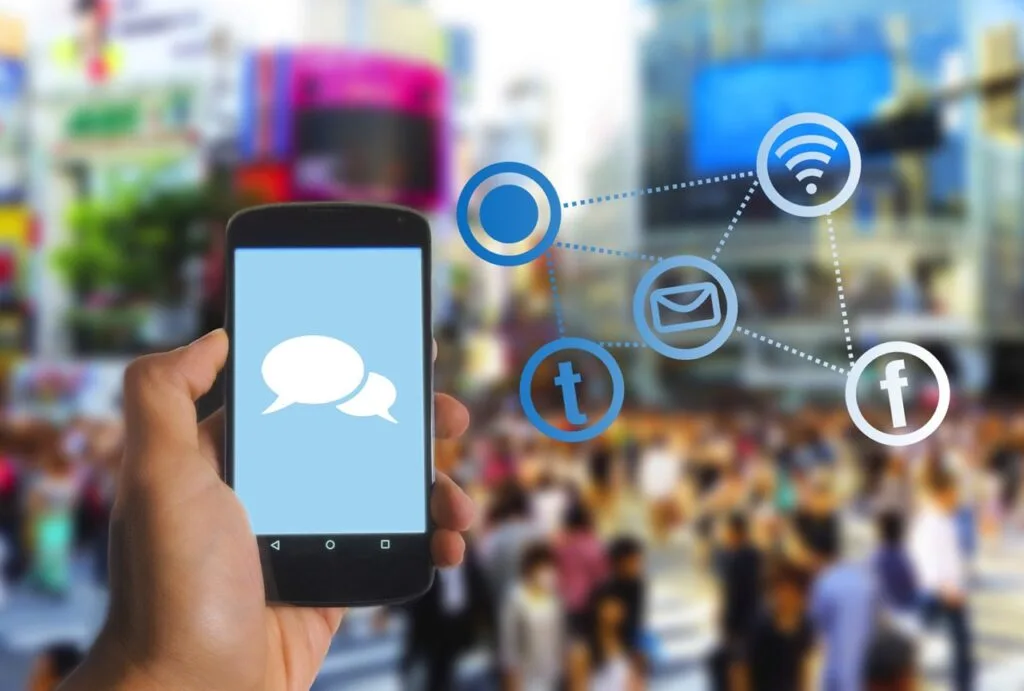The Loneliness Epidemic: Find the better route for happier life
We’ll discuss what’s behind the Loneliness Epidemic crisis as well as potential ways to combat it.Do you often find yourself unable to connect with other people? You have company. It’s getting a lot of people worried all throughout the world. It’s an emotion that has no boundaries in terms of age, gender, or socioeconomic status, and it may have devastating effects on our emotional and physical well-being.
What’s Behind All These Lonely People?
Exactly why do so many individuals feel so alone? Some of the reasons are as given below:
Networking Sites
Social media has the dual benefits of facilitating communication with loved ones and increasing feelings of isolation. Reading about other people’s exciting lives and ideal relationships on social media might make us feel like we’re missing out and not measuring up.


Technology
We often let our electronic gadgets get in the way of interacting with actual people. Sometimes we ignore the people around us in favor of mindless browsing on our phones.
Altering Family Dynamics
Many individuals now either live alone or are single and live far away from their families. Traditional social support systems, such as those based on extended families and tight-knit communities, are disintegrating.
Urbanization
More and more individuals are choosing to live in urban areas, which may lead to feelings of isolation from nature and others. The anonymity of city life may make residents feel invisible.
Population Aging
Due to health challenges, mobility limitations, and the deaths of loved ones, elderly people are at increased risk of social isolation.
The Consequences of the Rising Pandemic of Loneliness
Some of the results are as follows:
Insanity Treatment
Anxiety and despair stem from a lack of human connection. The possibility of suicide may also rise.
Nutritional Status
The risk of cardiovascular disease, stroke, and other illnesses is higher among socially isolated people. It may also cause inflammation and immune system suppression.
Acquiring social abilities
Lonely people may have a harder time connecting with others and keeping friendships going. They may lack confidence or feel uncomfortable in new social settings due to a lack of social skills.
Mental Processes
Memory and judgment may both be negatively impacted by isolation. Dementia and Alzheimer’s disease risks may also be raised.
Abuse of substances
Lonely people may seek solace in illicit substances as a means of overcoming their emotional distress.
Remedy for the Pandemic of Loneliness
How can we prevent people from feeling alone? Here are a few potential answers
Improve your connections.
More time with loved ones, participation in shared activities, and selfless service are all ways to reinforce bonds with others.
Control your use of social media.
By establishing limits and prioritizing in-person relationships, we may reduce our time spent on social media. How we use social media may have a significant impact on our emotional well-being and sense of personal worth.
Escape Indoors
The benefits to body and mind from time spent outside are well-documented.We may go on walks, treks, or just relax outdoors and soak in some rays.
Get expert advice.
Seeking expert treatment is essential if we are experiencing problems with loneliness or mental health. A counselor or medical professional is available for us to discuss our inner turmoil.
Talk to people in cyberspace.
Although social media may isolate us from others, it also offers the possibility of finding people with whom we share the same goals and beliefs. We may participate in in-depth discussions by joining relevant internet communities.
Get a pet.
It may have disastrous impacts on our mental and physical health and knows no borders of age, gender, or financial class if not given proper care towards that person.
Recent Posts
Top 10 Foods for Muscle Recovery After a Workout
Building a strong, healthy physique goes beyond just hitting the gym. Recovery, often the forgotten…
Find out 7 benefits of low glycemic index foods
The glycemic index (GI) is an essential concept for anyone looking to maintain a healthy…
Quick and Easy Healthy American Breakfast Options
An Healthy American breakfast is crucial for starting your day right, offering essential nutrients, energy…